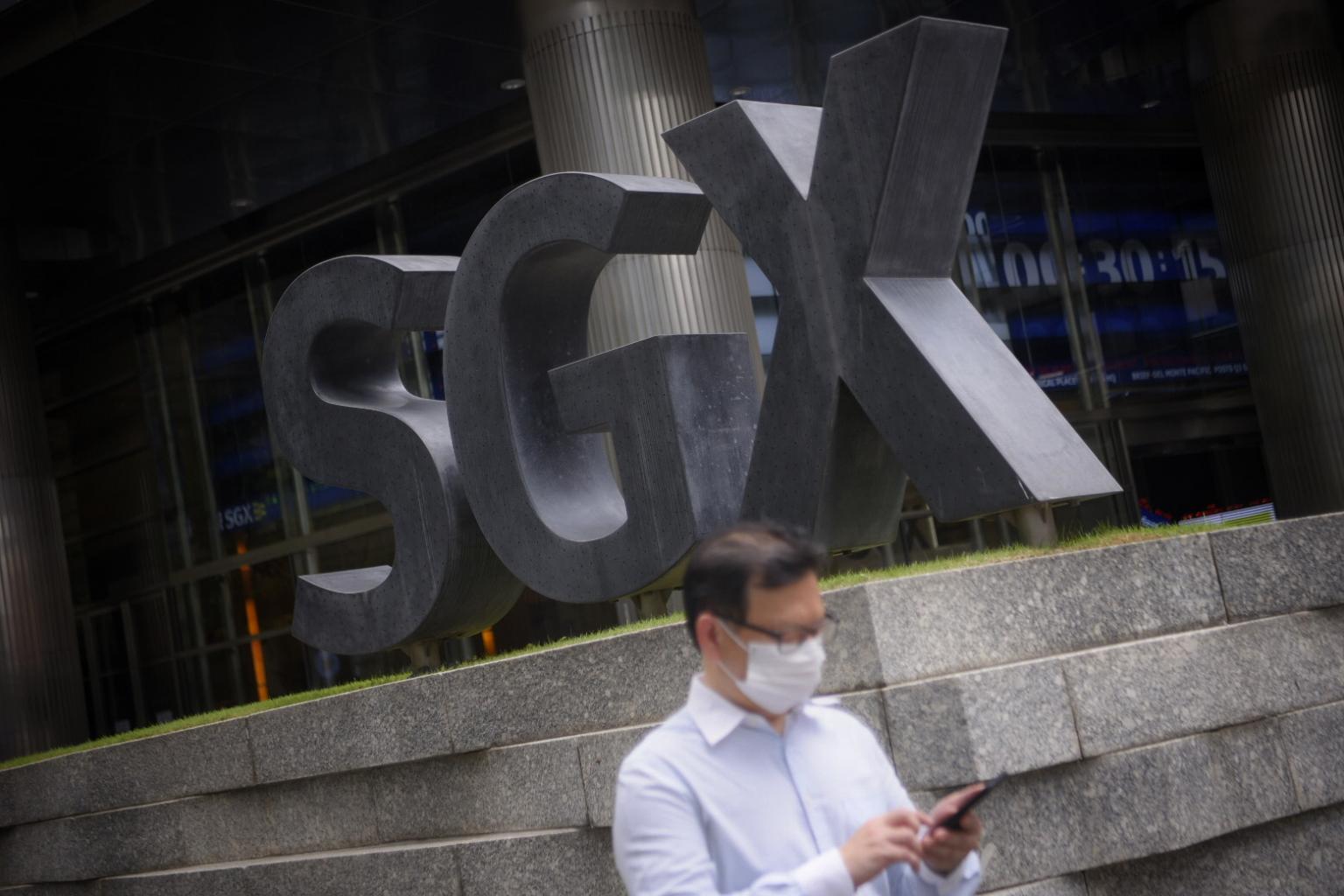Markets sink despite measures by central banks
Moves seen as frantic catch-up amid credit market stress; STI at lowest point since 2009
Sign up now: Get ST's newsletters delivered to your inbox

Stock gauges from Singapore to Thailand and the Philippines posted more than 5 per cent declines.
PHOTO: ST FILE
Follow topic:
A raft of measures announced by central banks around the world to reassure investors backfired yesterday, with markets tumbling on fears that policymakers were running out of options.
With the coronavirus pandemic showing no signs of slowing down, the aggressive interest rate cut by the United States Federal Reserve and other measures to boost liquidity over the weekend were seen as desperate catch-up moves amid growing stress in credit markets.
"Central banks globally have hit the panic button," said Fitch Solutions in a research report.
Yesterday, the MSCI AC Asia Pacific Index dropped as much as 4 per cent to close at a level not seen since 2016. The S&P 500 fell 11 per cent in early trading, triggering a trading halt that hinted at another volatile, possibly calamitous, week ahead for US equities.
The Dow Jones Industrial Average plunged 9.7 per cent before trading halted.
Australia's S&P/ASX 200 Index had its worst day on record with an almost 10 per cent slump.
Stock gauges from Singapore to Thailand and the Philippines posted more than 5 per cent declines.
Yesterday's close was Singapore's lowest since July 2009.
The Straits Times Index (STI) is now in bear territory, down 26.9 per cent from a 52-week high of 3,415.18 on April 29 last year.
Fed chairman Jerome Powell said market swings showed investors are struggling to assess the outbreak's impact.
"Markets are trying to understand what's going on, they're trying to reach a view in high uncertainty, and that's why you see lots and lots of volatility," Mr Powell said. "I think there's more risk to financial stability in an era like that."
Amid growing fears of recession, policymakers are trying to shore up economies spooked by the spread of the coronavirus, while being forced to implement travel bans and lockdowns that are hurting growth.
Taking a cue from the Fed's 100-basis-point cut, the Bank of Korea slashed its benchmark interest rate to a record low of 0.75 per cent in an emergency move.
The Bank of Japan held back on a rate cut, but said it would buy more assets including exchange-traded funds and corporate bonds.
But investors remained unconvinced as global infections topped 174,000 worldwide and deaths exceeded 6,600.
The Covid-19 crisis was initially seen as a supply shock, with fears of the virus depressing the services sector and containment efforts disrupting supply chains.
But there are now growing concerns about slowing global demand pushing economies into a recession.
An increasing number of central banks across developed and emerging markets are expected to cut rates and enact unconventional monetary policies over the days and weeks.
But there is no guarantee that those actions will pacify market volatility.
"We think that these aggressive measures will help at the margin," said Dr Taimur Baig, chief economist at DBS Bank.
"At this point, we think there will be a lot more volatility as risky assets price in a sharper global economic slowdown."

